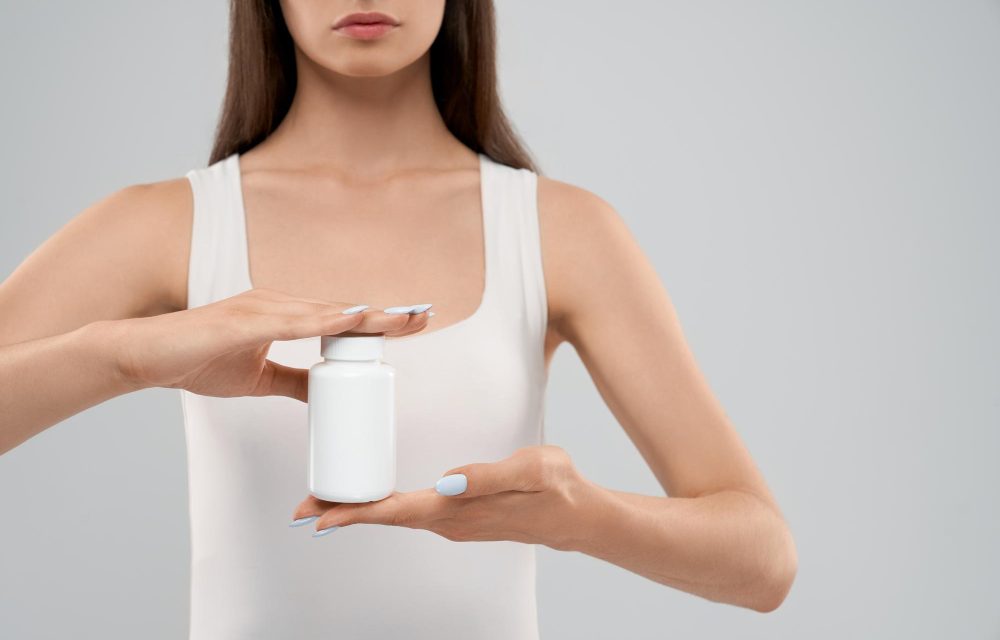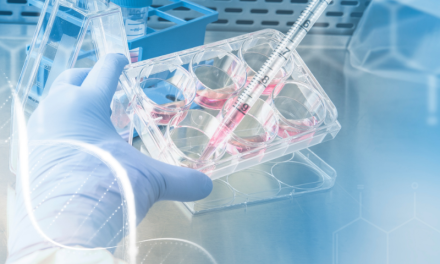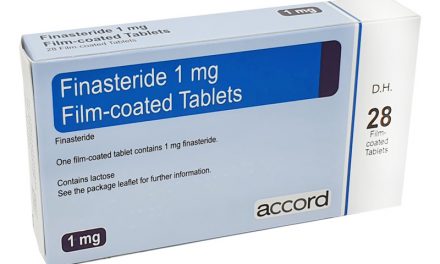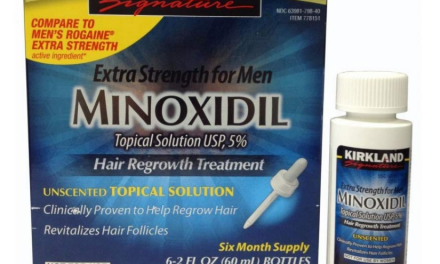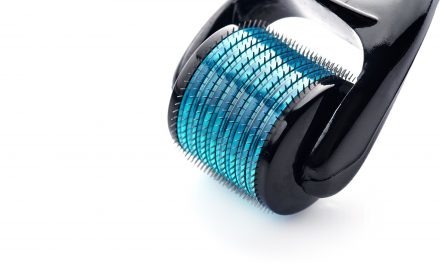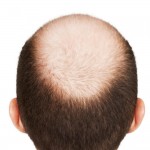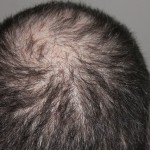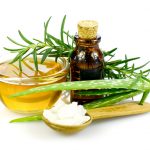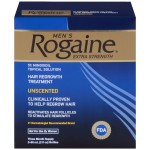Everyone wants a beautiful head of hair. That is why the science behind growing healthy hair and preventing hair loss keeps on innovating and is always coming up with new ways to preserve your crowning glory. From surgeries like hair transplants to oral medications such as finasteride, people who suffer from pattern baldness or hair thinning would try everything to eradicate this problem.
Recently, a trend on TikTok shows a new way to preserve hair health and prevent hair loss and that is in the form of biotin supplements. And these TikTok videos featuring biotin supplements are from content creators with thick and luscious hair, making you want to believe that if they use it and have that hair, then it must be true and effective. But as we all know, facts from the internet, especially facts presented in videos from one of the biggest social media platforms like TikTok, can be easily manipulated to make it appear as if it is the truth when in reality, it is far from it at all. Despite biotin being already used for the past few years due to the claim that it is good for nail, skin, and hair health, we will be looking into what biotin is and if it is really effective in growing and preserving your hair.
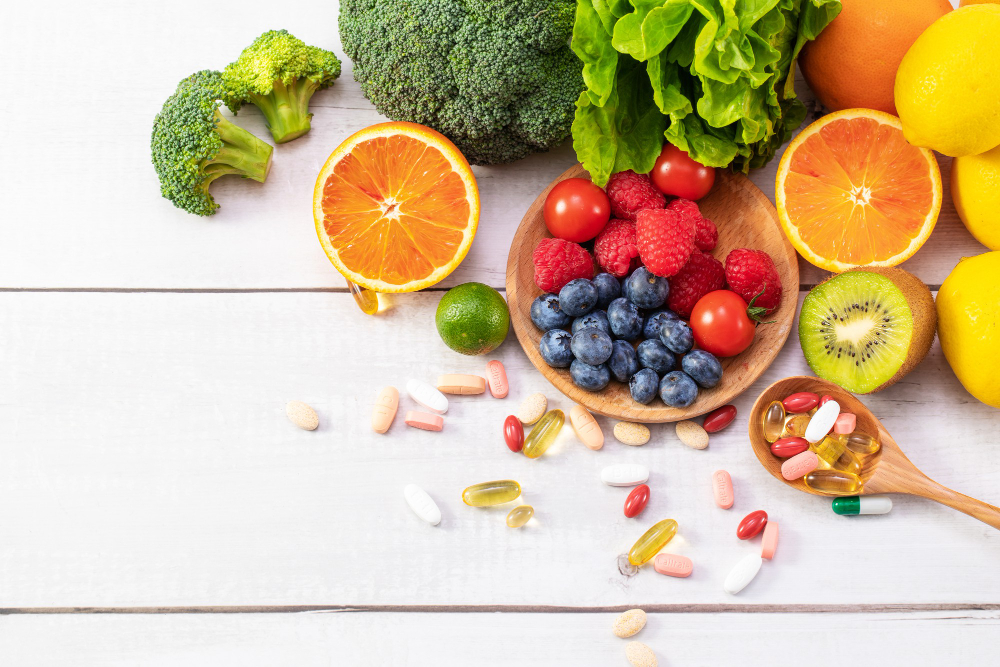
Biotin, also known as B7 and Vitamin H, is a common over-the-counter supplement that aids keratin (the type of protein that makes up hair, nails, and skin) production in the hair. It also increases hair follicle growth for healthy and thick hair. Biotin is a micronutrient that helps the body get energy and aids bodily function. This micronutrient also helps transform proteins, carbohydrates, and fats into nutrients that our body needs. As it is not stored in the body for long and for future use, you have to consume biotin-rich food such as egg yolks, legumes, and nuts. Biotin can also be found naturally in vegetables (mushrooms and spinach), cereals (oats and wheat), and rice. Another way to get biotin is from a bacteria in the large intestine that produces this micronutrient. Usually, these two sources produce enough biotin for what a person will need regularly. Biotin is present in a lot of food, so deficiency is not a common problem, especially in people who eat a balanced diet. Despite that, biotin deficiency may still occur and can cause symptoms like brittle nails and skin rashes, as well as hair thinning and eventually, hair loss. This is due to biotin’s role in keratin production.
While biotin is trending and somehow celebrated on social media platforms like Instagram and TikTok, the efficacy of biotin supplements (beyond that of what you get naturally from the food you consume) is still not entirely concluded. “Biotin converts glucose from carbohydrates into energy for the body and aids amino acids in carrying out normal bodily functions,” says Angela Phipps, DO, ABHRS, a HairClub medical advisor.
“To date, there is only limited evidence to suggest that increased biotin intake may help promote hair growth. In reviewing studies, evidence is inconclusive that biotin influences hair growth as supplements taken contain not only biotin but other ingredients as well.” Despite the claims that supplementing with biotin or using products that have biotin promotes thicker and luscious hair, evidence of this micronutrient doing all that is actually weak and limited.
While Phipps says hair growth improvement couldn’t be attributed to biotin alone, she still recommends taking biotin for hair due to these various reasons:
- Protects – biotin strengthens hair, and because of that, hair damage like breaking off at the ends is most unlikely to happen, thus, promoting and protecting hair length.
- Strengthens and thickens – “Biotin is well known for its positive effects on hair including growing stronger thicker strands.”, this is according to Gretchen Friese, a BosleyMD certified trichologist.
- Boosts shine – “There is some research to suggest that increased biotin intake can improve overall hair quality, including thickness and shine.” comments Phipps
- Promotes healthy hair and scalp – According to Phipps, biotin improves keratin infrastructure, to which Friese added that biotin also improves hair health including volume and scalp coverage.
- Possibly prevents hair loss – Friese says that biotin can fight inflammation which is the leading cause of hair loss suggesting that biotin can be used for hair loss prevention.
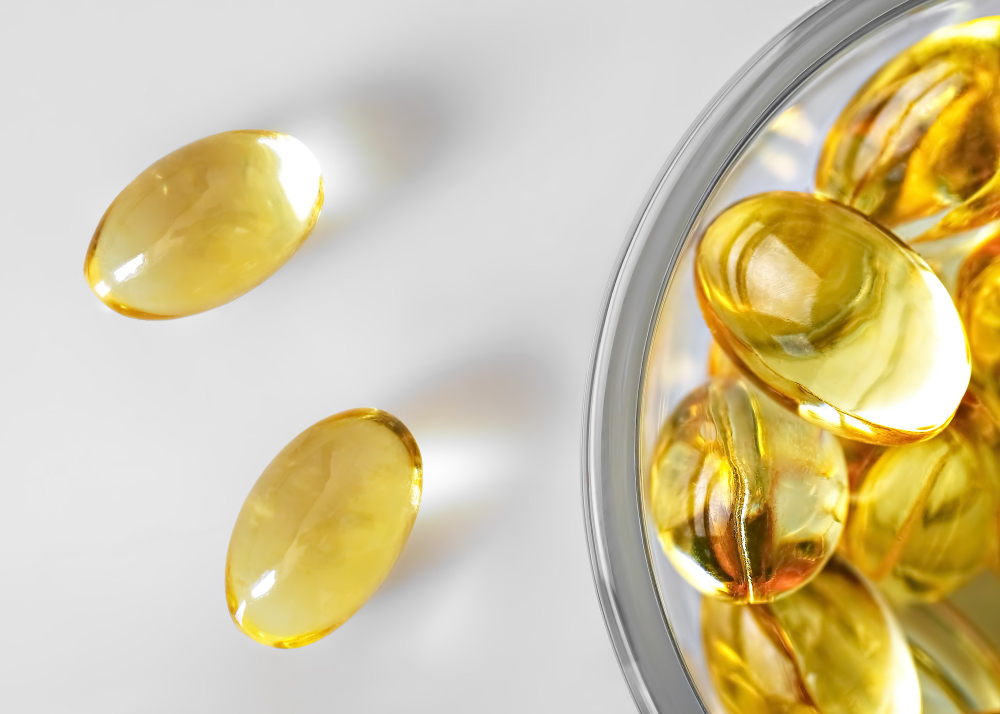
Other purported benefits of biotin include treating diabetes, diabetic nerve pain, multiple sclerosis,and brittle fingernails or toenails.
As aforementioned, biotin deficiency is rare. But if you ever are biotin deficient, some of the symptoms would be:
- Thinning hair
- Dry skin
- Brittle nails
- Conjunctivitis or pink eye
- Depression
- Hallucinations
- Exhaustion
- Rash around the eyes, nose, and mouth
- Numbness and tingling in your arms and legs
Some causes of biotin deficiency are the following:
- Too much egg white consumption. Raw eggs contain avidin, an enzyme that blocks biotin absorption.
- Having inflammatory bowel disease which causes an imbalance of intestinal bacteria.
- Having biotinidase deficiency, a rare genetic disorder that prevents biotin absorption.
Taking too many biotin supplements can cause problems, and the side effects are the following:
- Digestive upset
- Skin rashes
- Kidney problems
- Trouble sleeping
- Insulin release problems
Biotin can come in a form of an oral supplement. It can also be used topically, in a form of a shampoo that has biotin as one of the ingredients. But it is important to know that taking biotin supplements should only be done if you are not getting enough of all the vitamins you need from the food you consume. “You can maintain a healthy biotin level by eating meat, eggs, fish, seeds, nuts, and some vegetables like spinach, broccoli, and sweet potatoes,” according to Friese. While taking biotin supplements won’t cause any adverse reactions for some people, it is still important to consult a doctor before adding it to your daily regime. Phipps says that “you may already be getting the biotin you need through your diet, so talk with your doctor about the best option for you. They may recommend certain dietary changes or a biotin supplement. Be sure to follow any dosage guidelines that they provide.”
In Conclusion
Biotin has been related to healthy hair development and hair loss prevention. This B vitamin is required for hair follicle health and the generation of keratin, a protein that makes up the hair shaft. Hair loss, brittle nails, and skin rashes have all been linked to low biotin levels. Biotin supplementation has been demonstrated to boost hair thickness, growth, and shaft strength, making it a popular component in many hair care products. It is important to remember, however, that biotin is not a cure-all for hair loss; a good diet, correct hair care, and addressing underlying medical issues are all vital factors in supporting healthy hair development.
Resources:
https://www.byrdie.com/biotin-for-hair-growth-348405
https://www.verywellhealth.com/biotin-for-hair-growth-89236
https://www.webmd.com/connect-to-care/hair-loss/does-biotin-really-prevent-hair-loss
https://www.shape.com/lifestyle/beauty-style/hair/biotin-hair-growth
https://www.healthline.com/health/biotin-hair-growth#hair-loss
https://www.medicalnewstoday.com/articles/319427#recommended-dosage
© 2016-2023 by BaldTalk.com, an LiVenture. All rights reserved. No part of this document may be reproduced or transmitted in any form or by any means, electronic, mechanical, photocopying, recording, or otherwise, without prior written permission of LiVentures.

